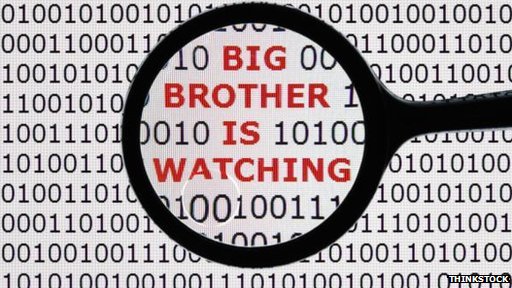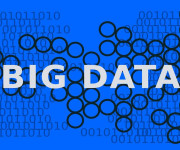Big Data Developers Fear Government Snooping

Big Brother?
More than one-third of developers polled believe they have reason to think the government is watching their data, according to the study released by Evans Data, which regularly gathers data on the global developer population.
clouseau france spy surveillanceThis is more than simple paranoia, according to Evans Data officials, who based the “Data and Advanced Analytics Survey 2013″ on input from more than 440 developers who work with databases and analytics.
Of the respondents who indicated they are confident that they could tell if the government was tracking their data, the proportion of developers convinced that they are being tracked jumps to 59 percent. For those who did not think they would personally be able to tell, only 23 percent suspect government tracking.
The survey, completed in August 2013, covers a wide range of topics related to data, analytics and storage, including sections on data security, which is implicated in data tracking. Big data provides new problems in implementing security, as does governmental interference, Evans Data said.
For instance, one question in the survey was: “Have you run into a situation in which your traditional security mechanisms for data don’t work with big or unstructured data?” According to Evans Data, 72 percent of developers who suspect governmental tracking answered “yes.” The belief that governmental tracking is ongoing spans across industries, the survey showed.
Security Issue
“Big data and big government both bring unique challenges,” Janel Garvin, CEO of Evans Data, said in a statement. “Security becomes not only a technical issue but can also become a policy issue that developers may not be able to address. In addition, cloud platforms, while providing necessary scalability for big data, may also increase the risk of governmental eavesdropping.”
While developers are split over whether the data will be stored on-site or in the cloud, two-thirds agree that the typical structure of data or analytics projects must be integrated into an enterprise-wide data warehouse, and not segregated from other data projects, thus increasing the need for security.
The Evans Data survey covers such topics as the environment for big data, advanced analytics tools and services, real-time event processing, database technologies, data storage, shared resources and the cloud, general technology use, security concerns and more.
Edward Snowden
Public scepticism of government snooping is widespread after former US National Security Agency (NSA) contractor Edward Snowden leaked word of an electronic surveillance program called PRISM, where NSA analysed email and telephone data in an effort to find patterns of activity that the agency claims provided valuable intelligence in the fight against terrorism.
Also, since Snowden’s leak, major technology firms, including Apple, Google and Facebook, have been battling allegations that the US government enjoyed direct access to the servers in their cloud data centres and the user data contained within.
Concerns about snooping are widespread.
eWEEK reported that Linus Torvalds, the inventor of the Linux operating system, was asked at the recent LinuxCon 2013 event if US government officials requested a backdoor into Linux. “Torvalds responded ‘no’ while nodding his head ‘yes,’ as the audience broke into spontaneous laughter”. Source
























